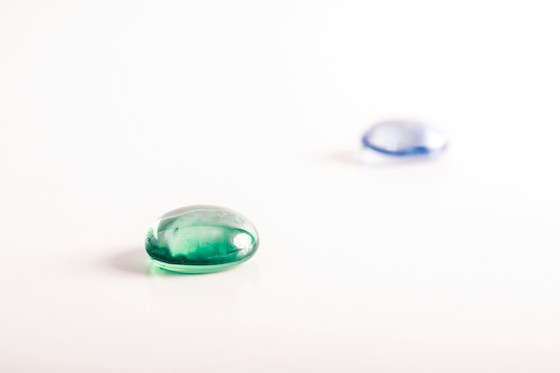Determining your biological age can be a fascinating yet complex endeavor. Unlike chronological age, which is measured in years, biological age refers to how old your body appears based on various biomarkers. Many people turn to a biological age test to get an accurate picture of their health and longevity. But how reliable are these tests? In this blog post, we’ll explore the science behind biological aging, the factors influencing it, and the accuracy of different testing methods. By understanding these elements, you can make more informed decisions about your health.
The science behind biological aging
Biological aging is all about how our cells deteriorate over time. Unlike chronological aging that simply counts birthdays, biological aging looks at specific markers like telomere length and DNA methylation. Telomeres are tiny caps at the end of DNA strands that protect chromosomes; as we age, they shorten. DNA methylation involves chemical changes that affect gene expression without altering the DNA sequence itself. By understanding these processes, we gain insight into why some people appear younger or older than their actual age.
Factors influencing biological age: genetics and lifestyle
Your genes do play a role in how fast you biologically age, but lifestyle is equally important—if not more so! Diet rich in antioxidants, regular exercise, minimal stress levels, and good sleep hygiene can drastically affect your biological age. For instance, chronic stress releases cortisol which accelerates aging processes in cells. Conversely, activities like meditation or yoga can counteract these effects. So while you can’t change your genetic makeup, you have significant control over many aspects that influence your biological age.
Evaluating the accuracy of biological age tests
The market offers various kinds of tests claiming to measure your biological age accurately—blood tests, saliva samples, even at-home kits. Blood tests often provide comprehensive data but require clinical settings for accurate results. Saliva-based tests are convenient but may lack some precision due to external contaminants like food particles or bacteria in the mouth. At-home kits offer ease but their reliability often varies based on user proficiency and adherence to instructions. Expert opinions suggest using these tools as supplementary information rather than definitive diagnoses.
Real-life implications: what your biological age means for you
Knowing whether your biological age aligns with—or deviates from—your chronological age has practical implications for long-term health planning. An accurate measurement could help tailor fitness programs or medical interventions specifically suited to your body’s needs. On a psychological level, knowing you’re biologically younger could be motivating while discovering an older bio-age might serve as a wake-up call for lifestyle changes. Websites like Purovitalis.com offer resources that can guide you through interpreting these results effectively.
Understanding whether your biological age is accurate or not has significant implications for your overall well-being. A reliable biological age test can offer valuable insights but should not be considered definitive without considering other health metrics and lifestyle factors. By comprehensively understanding what influences your biological age and how tests measure it, you can take proactive steps toward healthier living. Always consult healthcare professionals when interpreting these results for making any substantial changes in your lifestyle or medical treatments.

